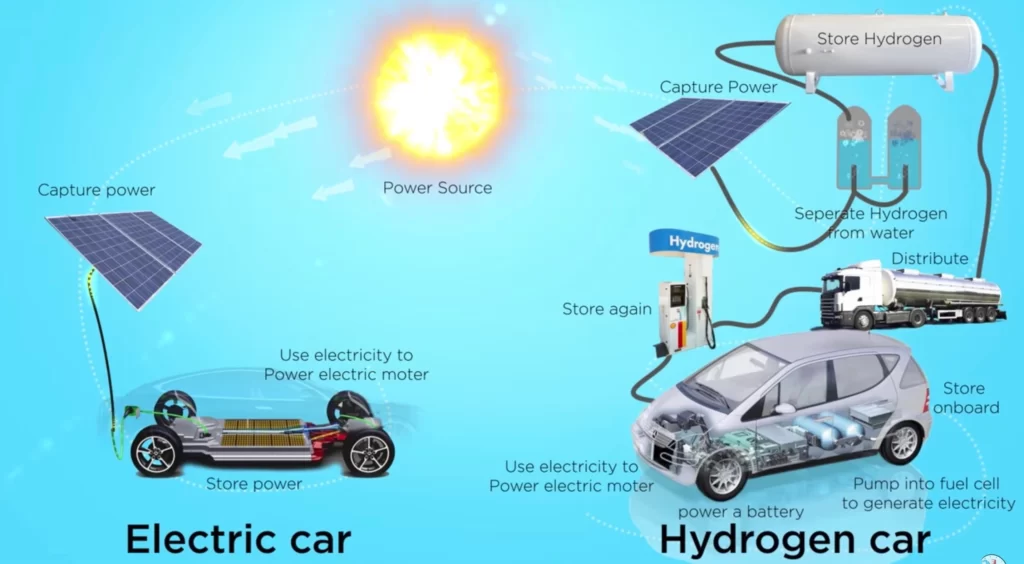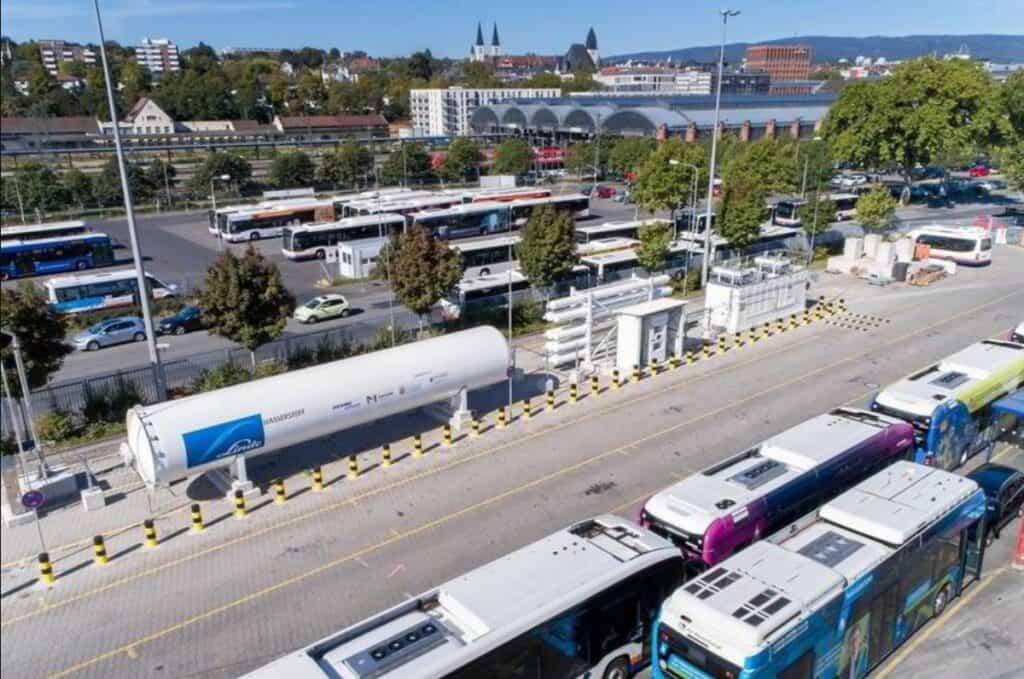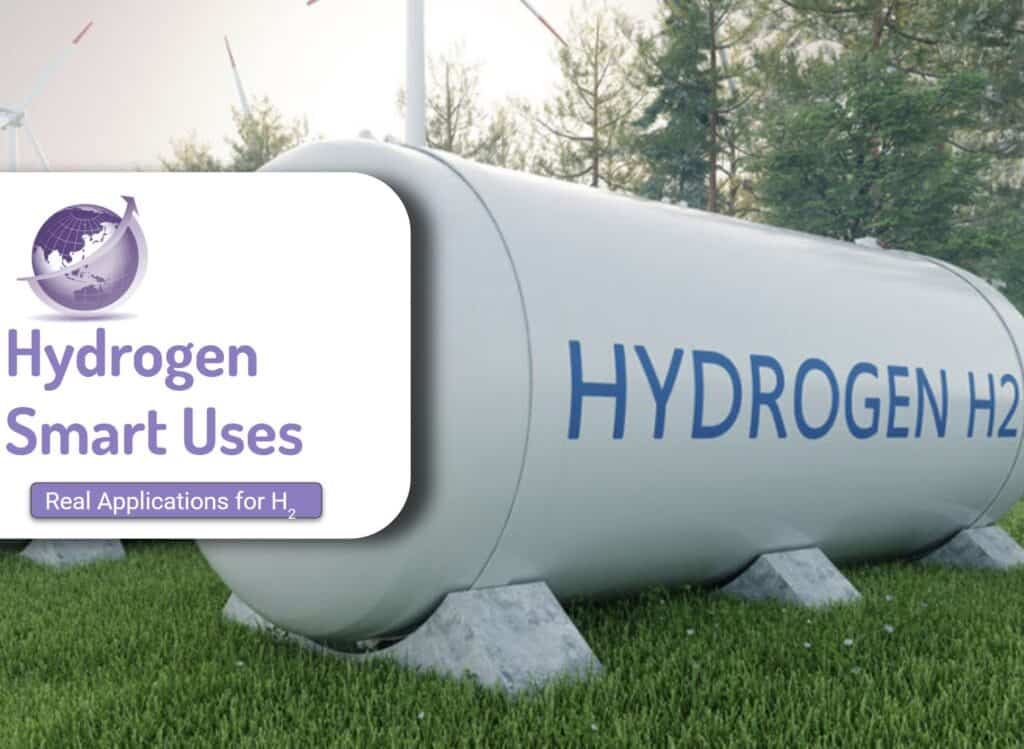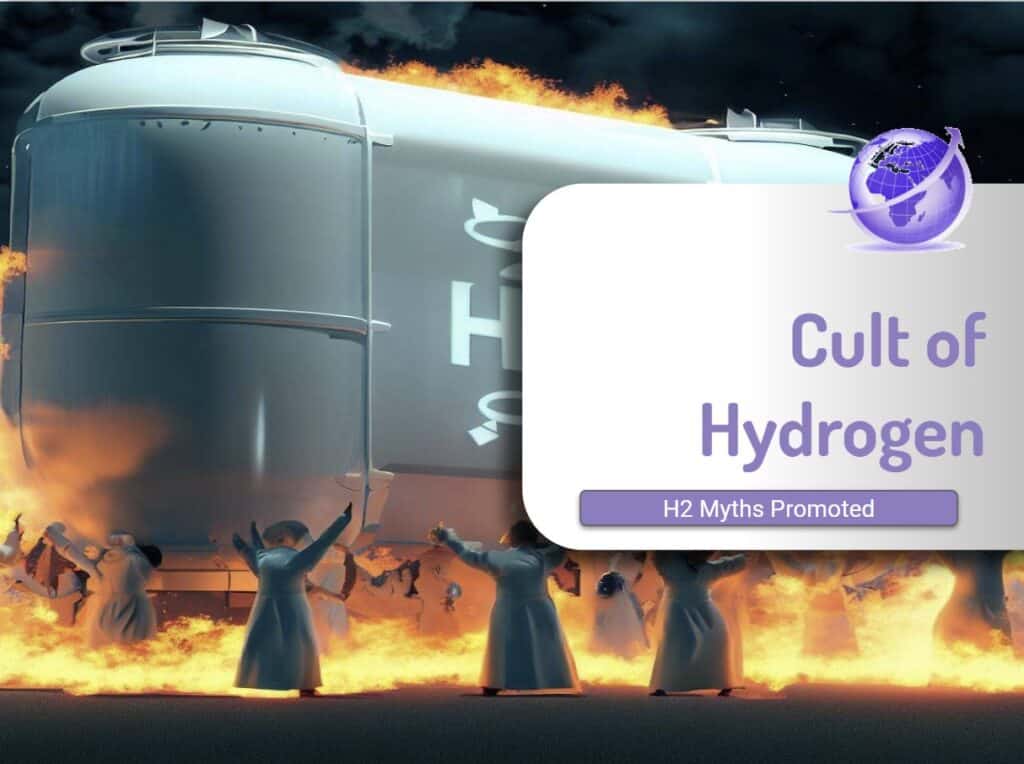Three examples are provided by Michael Barnard of CleanTechnica comment where hydrogen buses fail economics even with generous government subsidies. Yet we continue to see local governments with generous country governments continue to encourage “trials”. Why? Do they not do very basic research? Are governments so captured by the fossil fuel industry and misplaced hope around Hydrogen (so called Hopium).
There are ten reasons why hydrogen for cars and transport is dead as per this discussion on Change Discussion

1. Hydrogen buses fail economics in Germany
Wiesbaden’s public transport company has ended its one-year-old H2 programme — which had received more than €5m from EU and German authorities — and stick to electric battery buses over long term. Why? Its €2.3m filling station breaks down too often, meaning the cost and supply of green H2 isn’t adequate. (Hydrogen Insights). Portuguese vehicle manufacturer Caetano delivered the first fuel-cell bus to ESWE Verkehr in the third quarter of 2021, with the other nine vehicles following by the end of the year.
The vehicles were funded by €1.95m from the EU’s Clean Hydrogen Partnership and €1.68m from the German government, while more than €2m of funding for the filling station came from the German states of Hesse (where Wiesbaden is located) and neighbouring state Rhineland-Palatinate (due to it being a joint project with the city of Mainz). In context, ESWE Verkehr already operates one of the largest zero-emission bus fleets in Germany with 120 battery-electric vehicles but it has 120 diesel buses. Only in Hamburg is the electric bus fleet currently larger.

In contrast. the news comes two weeks after politicians in the German city of Duisburg — 225km away from Wiesbaden — voted to spend €91m on 100 hydrogen buses to replace its existing fleet of diesel vehicles by 2030, after being recommended to do so by a study that will remain secret.
Frankfurt, 40km from Wiesbaden, says it is happy with the 13 hydrogen buses it has been testing since October, and plans to put more than 120 fuel-cell buses on its roads within ten years.
2. Pau in France
The French city of 70,000 which pioneered hydrogen buses will opt for battery-electric in future due to ongoing problems and high costs. Fewer subsidies for H2 transport and improved fully-electric bus ranges mean Pau’s first 12 fuel-cell buses will probably be its last. (Hydrogen Insight). After four years of frequent breakdowns and a near-doubling in H2 fuel bills, the city will likely opt to buy electric buses in order to green the rest of its fleet over the next decade.
3. Whistler in BC, Canada
During the winter Olypmics in 2010, 23 FCEV buses were deployed. They are no longer. (Report from Fuelcell.com). After 4 years and $94m later and a further $26m needed for the next 4 years, the buses were sold. Too expensive, no green H2.
4. Montpellier, France
Montpellier cancelled an order for 51 hydrogen-powered buses after newly elected officials found that electric buses would be six times to cheaper to run.
Some Cities Still Pursuing H2
With over 600,000 battery buses globally, and less than 5,000 H2 fuel cells, is it time to call quits on subsidizing more “trials”? As Barnard commented, Boston Consulting Group and Oxford Global Projects produced a paper on how to do power-to-x projects better. Virtually no hydrogen projects were getting to final investment decision, never mind into operation. About 12% of the proposed plants made it into operation, but they were the tiniest ones, representing 0.2% of the proposed volumes.
Many cities are still proposing H2 FCEV buses. Scientific American has a review here of several U.S. cities that are currently conducting smaller hydrogen fuel-cell bus test programs.
- Flint, Mich., has been operating a hydrogen bus since last summer.
- Cleveland launched a hydrogen bus program in January.
- AC Transit, serving the East Bay Area of San Francisco, now runs 12 third-generation hydrogen fuel-cell buses in the region.
But in these and other cities, hydrogen fuel has yet to surpass the publicly funded demonstration level.









